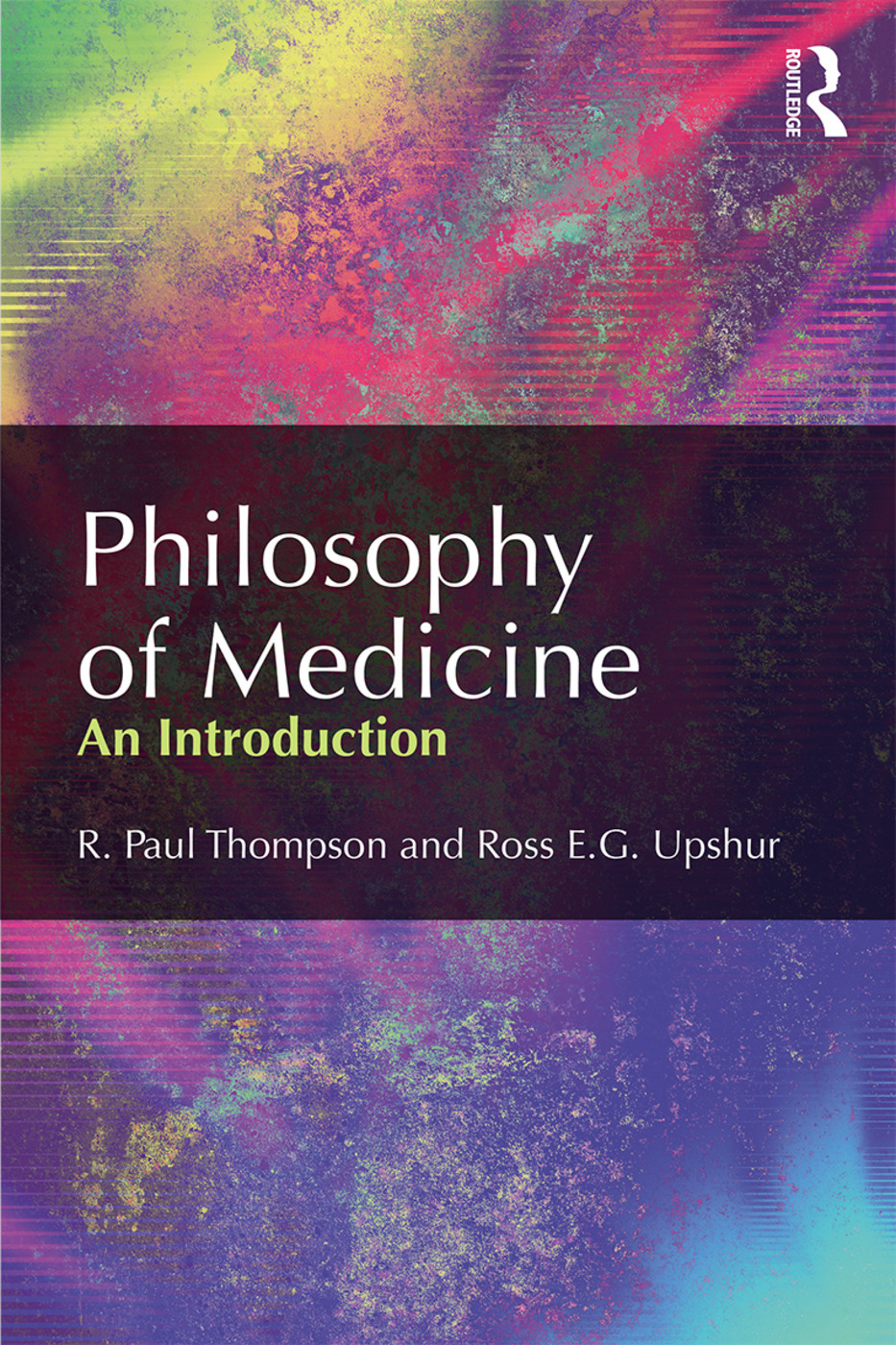What kind of knowledge is medical knowledge? Can medicine be explained scientifically? Is disease a scientific concept, or do explanations of disease depend on values? What is "evidence-based" medicine? Are advances in neuroscience bringing us closer to a scientific understanding of the mind?
The nature of medicine raises fundamental questions about explanation, causation, knowledge and ontology – questions that are central to philosophy as well as medicine. This book introduces the fundamental issues in philosophy of medicine for those coming to the subject for the first time, including:
• understanding the physician–patient relationship: the phenomenology of the medical encounter.
• Models and theories in biology and medicine: what role do theories play in medicine? Are they similar to scientific theories?
• Randomised controlled trials: can scientific experiments be replicated in clinical medicine? What are the philosophical criticisms levelled at RCTs?
• The concept of evidence in medical research: what do we mean by "evidence-based medicine"? Should all medicine be based on evidence?
• Causation in medicine.
• What do advances in neuroscience reveal about the relationship between mind and body?
• Defining health and disease: are explanations of disease objective or do they depend on values?
• Evolutionary medicine: what is the role of evolutionary biology in understanding medicine? Is it relevant?
Extensive use of empirical examples and case studies are included throughout, including debates about smoking and cancer, the use of placebos in randomised controlled trials, controversies about PSA testing and research into the causes of HIV. This is an indispensable introduction to those teaching philosophy of medicine and philosophy of science.
Publication Type
- Book



